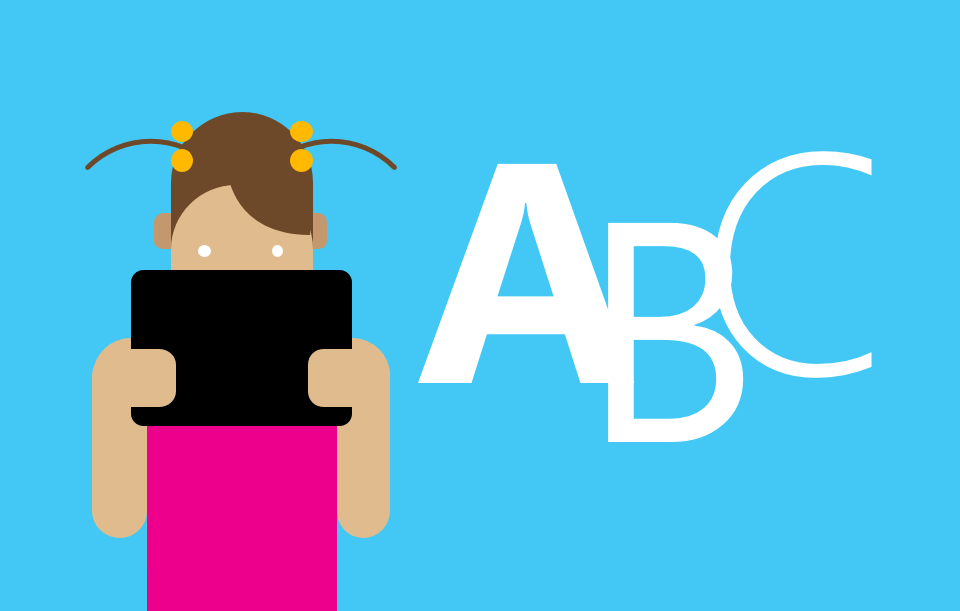By Don Grantham, President, Microsoft Central and Eastern Europe (CEE)
Despite early signs of recovery, unemployment continues to stunt economic growth throughout Europe. What concerns policymakers is youth unemployment, coupled with the alarming lack of digital skills that prevents people from finding work. Our core mission at Microsoft is to empower every individual and organization to do more and achieve more. To that end, in 2012 we launched Microsoft YouthSpark, a company-wide initiative which is also a signed pledge of the Grand Coalition for Digital Jobs, aiming to create opportunities for 300 million youth around the world over 3 years. YouthSpark empowers youngsters to imagine and realize their full potential, by connecting them with greater opportunities for education, employment and entrepreneurship, to help turn the tide of rising global youth unemployment.
Former EU Commissioner for the Digital Agenda, Neelie Kroes, estimates that there will be a 900,000 digital jobs shortfall in Europe by 2015 due to the fact that students entering the workforce simply don’t have the skills to match. Countries that recognise the importance of teaching IT skills, and particularly coding, to children from a young age will be better poised for future growth.
The Greek minister for education, whose country faces the highest youth unemployment in the developed world, also warned recently of the need to meet the challenges of the digital economy and stated his intention to focus on digital literacy for students of every age as a matter of urgency.
Already ahead of the game, Estonian primary schools have been teaching pupils to code for two years. This strong digital agenda is one of the main reasons Estonia, along with Latvia, is now described by the OECD (Organisation for Economic Co-operation and Development) as a European ‘innovation growth leader’.
The UK followed suit and introduced coding into the primary curriculum at the beginning of this academic year. In a push to encourage other countries to do the same, Microsoft joined an open letter to EU ministers last October to emphasise the importance of learning coding since an early age.
The point is to make simple coding and algorithms as fundamental to children as reading and writing, and, above all, to make it fun. The average youngster is reckoned to rack up 10,000 hours of gaming by the time they’re 21, playing roughly an hour and a half a day, so it makes sense to harness this passion for technology early and grow it into skills fit for the workplace.
To inspire and engage children to think big and hone their coding skills, we introduced the Kodu Kup, a chance for teams to design their own games using Kodu, our child-friendly coding language, and showcase their ideas in competitions across Europe.
In the finals last year in Brussels, the shortlisted teams got to pitch their ideas to a jury of gaming experts. A Greek team of third-graders took the Champion of Champions prize by whisking players on missions to Mars to learn about the Red Planet in a game that took 270 hours to create.
We know that young people love to compete, so twelve years ago, we launched Imagine Cup, a global competition which provides the opportunity for the next generation of developers to launch their ideas on Microsoft platforms and battle it out with other teams from around the world.
Social responsibility was behind both CEE winning entries this year, with team ‘Tep’ from Hungary building software that tracks users’ exercise workouts and awards them with food and accessories to keep a virtual pet alive. Winning Russian team ‘Brainy Studio’ was inspired by the global environmental movement Earth Hour to build a game that challenges the player to bring electricity back to the city, responsibly.
The CEE region has rightfully gained its reputation as a technology trailblazer – over seven million students from CEE countries were involved in the Hour of Code events in December last year. This initiative, in partnership with Code.org, demonstrates to youngsters how accessible learning coding can be, and, with more than eight million participants confirmed in Europe, there is clearly strong demand for new programming and computer education in schools across the continent.
At Microsoft, we are committed to a continuous investment in promoting technology education and digital skills for young people, as part of our contribution to local economies and society; for it is today’s youth that will lead the economies of tomorrow. Introducing digital fundamentals into early learning will capture young imaginations and inspire a lifelong love of technology. This, in turn, will nurture a pipeline of talent to ignite the region’s competitiveness and growth.




